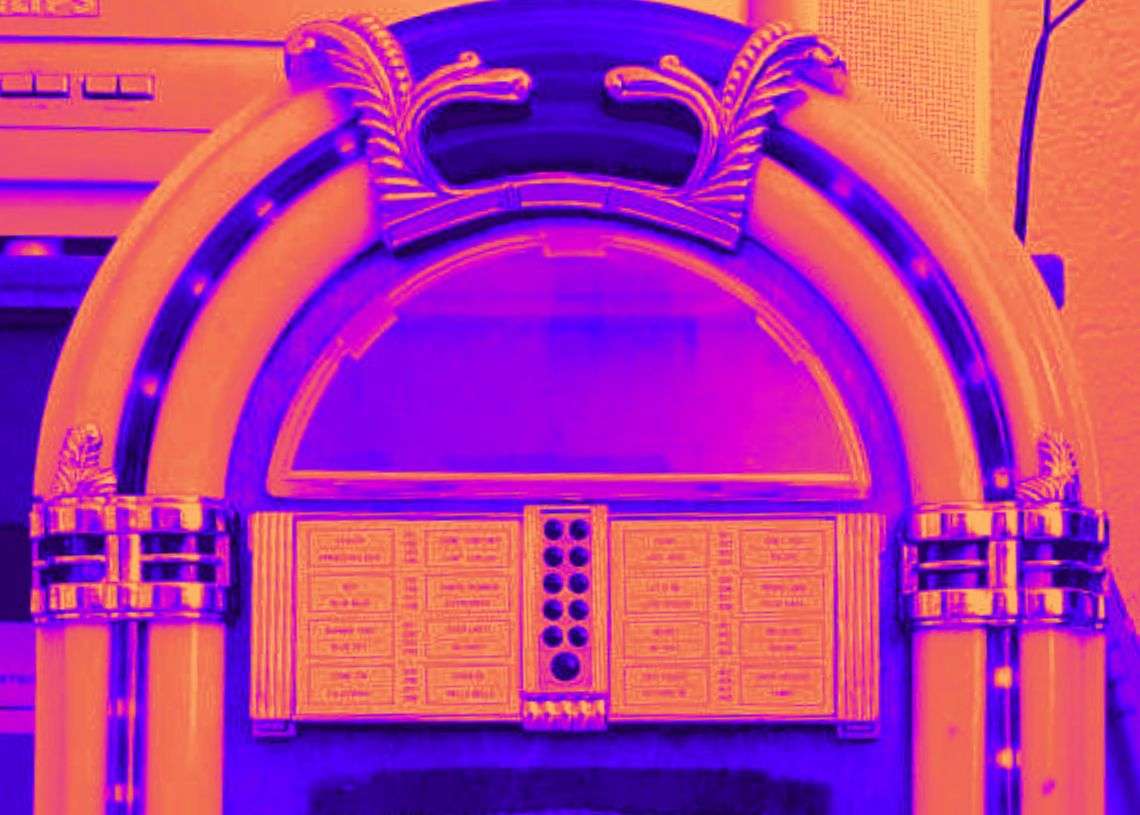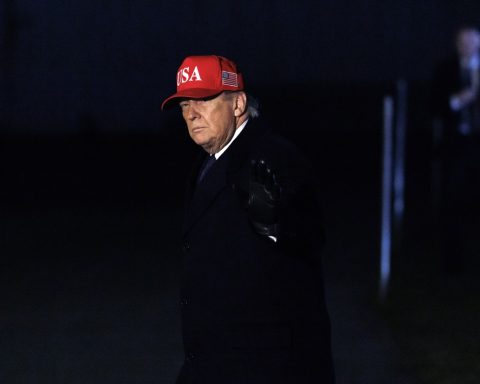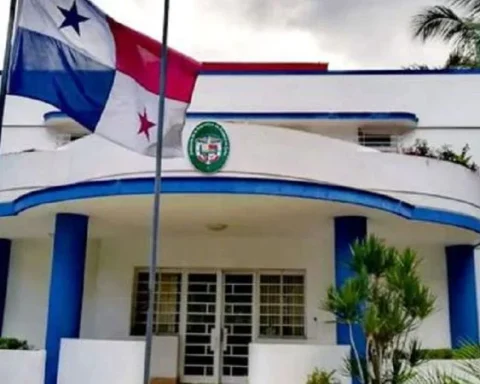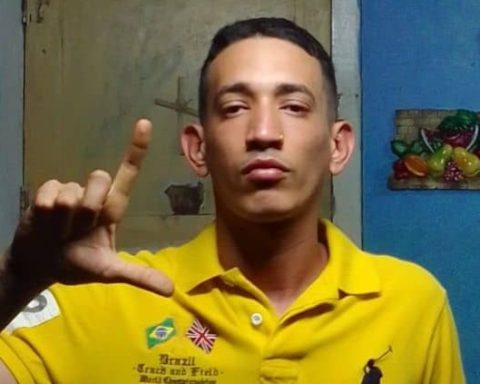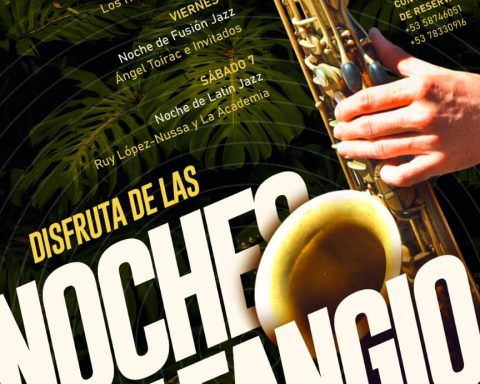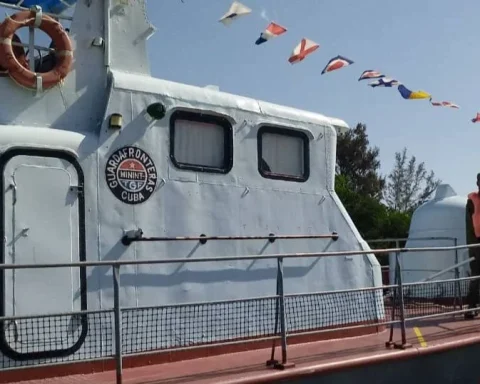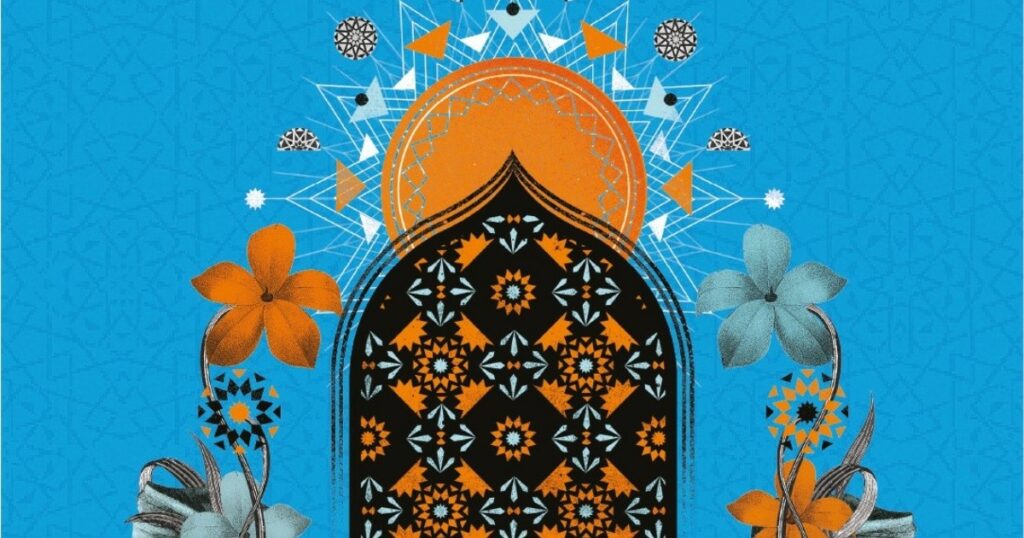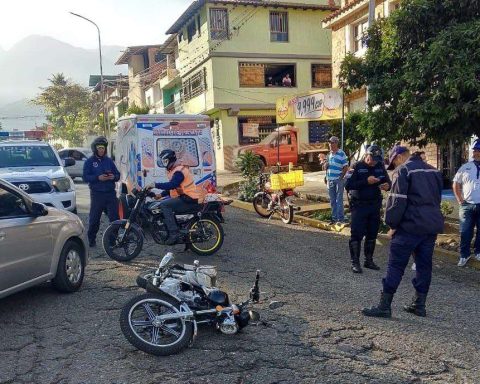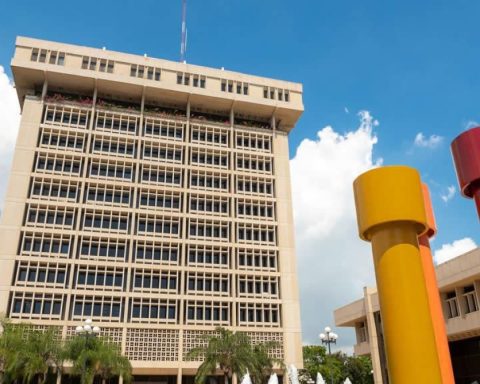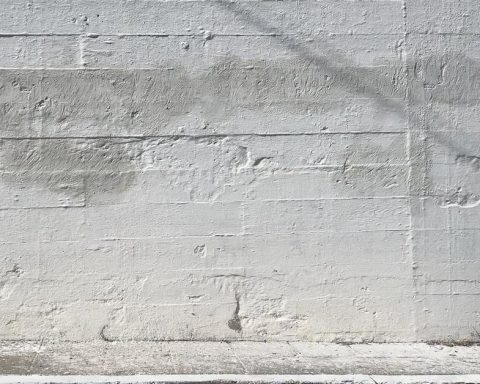“You’re just like Chichí” was my mother’s favorite shot every time a rudeness from me reminded her of her older brother.
Arriving at dawn with the stench of unrefined alcohol and sleeping until late afternoon reminded her of the only male of the offspring, the bohemian and charismatic Chichí.
I used to counterattack with a song by Enrique Bonne that Pacho Alonso sang, the one that said “Billy the Kid was brave, because he didn’t come to Cuba, because if he comes and sees Chichí, everything great in his history stays here” and thus disarmed to my mother who ended up doing the choir for me and singing it completely.
César Jesús Mas Pinelo, as my uncle was called, was born in Santa Clara on June 16, 1930 at the time when my grandfather, César Augusto Mas Hernández, a native of Consolación del Sur like all my ancestors, ran a pharmacy in the central town of Cayo Nuevo. The maternal family was staggering around the country until they finally settled in Consolación del Sur in 1942.
The first image that comes to mind of my uncle Chichí is his powerful geography dozing and snoring with whistles on the floor of the living room on Calle Martí de Consolación and me by his side playing with the treasures that came out of his pocket, a a huge key ring, one of those leather busboy watches and a Zippo-type matchstick.
Later, when I was awake, I would see him rummage through my grandmother’s pots, which was forbidden to me, and then he would deafen me with his resounding voice in an endless melody that years later I discovered was called “vocalization.”
Afterwards, he often stayed on my birthdays and those of my sister, where he came with my five cousins. He had married Gloria Bernal at a very young age, and had César Carlos and Marta María. After being widowed in 1963, he married Violeta Chang, sister of the legendary Cuban transvestite Julio Chang known as “Musmé”, and had my three Chinese cousins: Julio César, César Jesús (EPD) and Violeta.
Chichí was the consecration of the musical talent of my maternal family, also rehearsed by the inspired author Néstor Pinelo Cruz (of whom I will speak on another occasion).
At the beginning of the 50s he came to live in Havana and the capital seduced him with its staggered bohemia. After a shift in the mechanical workshops in Ciénaga or after driving Route 5 for 10 hours, it was common to see him arrive at Bar La Mascota, on Monte y Rastro, and after two or three drinks, and without being asked, to get ready. sing, first as a self-congratulatory soliloquy and then for the small circle that was forming.
At one point the bar was packed, his colleagues from the guagüeros guild made solidarity stops and the owner of La Mascota grumbled with joy. Then came the climax; “Granada” by Ernesto Lecuona, “Tabaco Verde” by Eliseo Grenet and “Júrame” by the Mexican María Greever. When he sang that thing about… “Love me, love me to the point of madness”… he would stretch out the syllable “cu” steadily until he ran out of air, enough seconds to shock the audience that broke into a thunderous round of applause.
Then everything led to tips and treats… and it was cyclical.
Perhaps in one of those vocal skirmishes he was discovered by Carlos Faxa who was looking for voices for his quartet. So, without leaving the buses, he began his professional career combining trills with his new friends, animating intermissions on television programs and accompanying figures such as Sarita Montiel and Rosita Fornés. His charisma, his hilarious temperament and his deep voice made him one of the most helpful entertainers of the needy show business of medium-sized bars.
But it was growing. In addition to his good voice, people followed him because of his accurate jokes and women succumbed to his appearance and his declamations of José Ángel Buesa. He animated the nights of Palermo, Sierra, Las Vegas, Nacional, Pachín and Quibú.
In 1959, in that rare period that was the triumph of the Revolution for artists, he entered the motorized ceremonial company and stood out doing stunts on his Northon, but it did not last long, his bohemian and libertarian spirit had little to do with it. with the military order, and in 1961 he returned to music and the buses.
One summer in the mid-60s, I was at my father’s job, at the Ministry of Mining, Fuels and Metallurgy, on Empedrado street, and my uncle showed up there and asked to borrow his car, a Ford Anglia from two doors. My dad gave it to him on the condition that he take me for a ride.
My uncle, a bit annoyed by such a ñapa, was kind enough to leave me at the house of his in-laws, Violeta’s parents, Chinese who spoke Spanish badly. I have the feeling that hours were spent in that tiny, dark house. Of course I told my dad about the Asian ride. So when he went back to ask for the car he had to nitpick and take me despite him.

We went to a winery on Calzada de Luyanó. He had met his friends to “take the afternoon,” as they say in the country. “Los amigos” were Rodolfo and René, members of the musical comedy duo “Los Tadeos”. They were the interpreters of hits such as “Los hermanos Pinzones” (those who were “sailors” who came with Colón, who was an old “buccaneer”), “Cubanito” (the one who minces words) and above all “El Gago Billetero», of which I sang the refrain «this that…, this that…, this that happens to me, this that…, this that…, this that I can’t speak». They found it very funny to have a five-year-old fan, so they quickly accepted me as their official mascot. They sat me on a stool and gave me a cold Coca-Cola while they drank “jaibol” (haigh ball) in Cuban version: Bacardi with Canada Dry.
When I got bored or got into their adult conversations they gave me a peseta and sent me to the Victrola. I already knew about letters and numbers, so A5 «With You Wild Kisses» by Ñico Membiela, B2 «Negrura» by Rolando Laserie, C1 «El Cuartico» by Panchito Riset and my favorite that I will never forget: A4 «Discos y Licor» by Jose Tejedor and Luis Oviedo.
We repeat it several times. I was part of the bohemian team at the Concha y Luyanó winery.
“Los Tadeos” were ousted when they made a joke on Tota and Pepe’s radio program at the expense of “free funerals.” They never performed in Cuba again.
My aunt Violeta and my Chinese cousins took the northern road.
Chichí married Irma, the nurse, and went to live in El Cotorro. He continued to frighten the silence at the microphone at the Guanabo Club, making dirty and political jokes and shelling out boleros of gold, silver and shit.
He left in 1980 for Mariel.
The victrolas boleros I have stuck like a diffuse decal in my bohemian soul.
I remember my mother summoned by the director Berta to “María Cabrales”, my primary school. I have always had problems with what I sing.
-Mom, where did the child learn that song? He spoiled the morning.
– What song? – asked my scared mother.
– That one about…»Bring me a drink, bartender, I want to get drunk»….It is not very appropriate for a six-year-old child.
– Oh, my brother’s influence!
That night I rehearsed “Barquito de Papel” until exhaustion.
